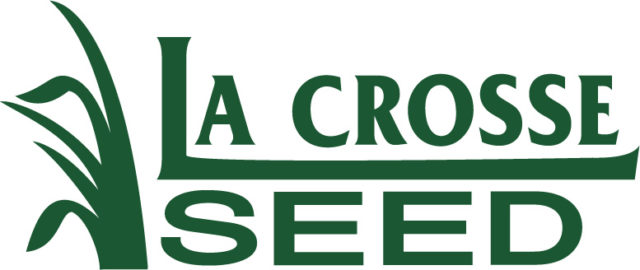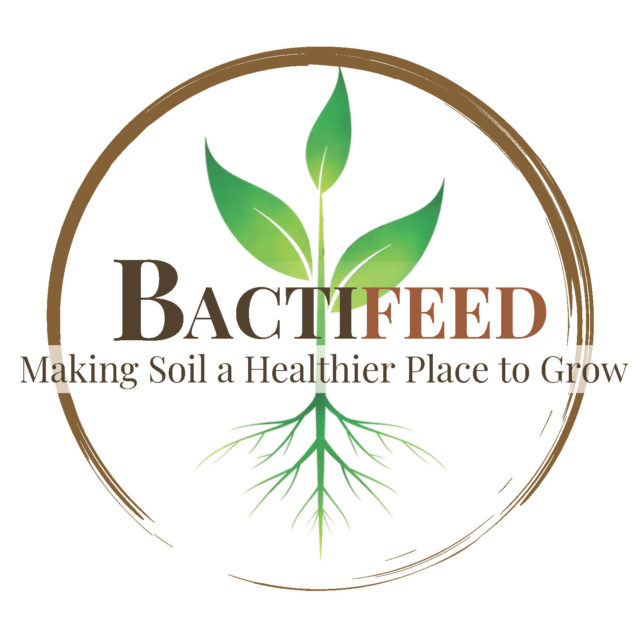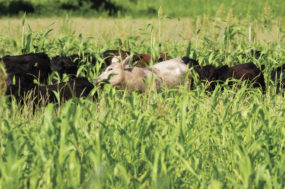I walked into the convention hall a minute late. I checked in at the registration table, got my clicker and sat behind the Jerome County sign. The man sitting by me picked up the cowboy hat that he had set on my table. “Sorry, ma’am,” he said. “I didn’t know if the other delegate from your county would make it, but here you are.” At the president’s call to order, we opened our policy books and began the annual business of the Idaho Farm Bureau.
Later, when the president has dismissed us for a break, my tablemate leaned over and asked, “Whereabouts is Jerome County?” Initially, the question took me back. Didn’t he know Idaho geography? I don’t know why that was my first reaction. Jerome County is not particularly large, and if you aren’t in the dairy industry, there would probably not be a reason to know about it. His handlebar mustache, shined-up cowboy boots and, of course, his hat confirmed he was not in the dairy industry. Remembering my manners, I asked him if he knew where Twin Falls was. I told him we were just north of Twin Falls, across the Snake River Canyon.
I looked at his county placard. He was from Benewah County. Now, despite my previous smugness, I couldn’t remember where Benewah County was. My tablemate and I talked for a minute longer about the struggles on our county Farm Bureau boards. He was the lone delegate from his county when the state expected two. The 500-plus miles he took to get the convention was part of the reason, but I’m sure it was also the struggle to get people to local meetings and the struggle to get yeses to queries about serving.
We didn’t talk for the rest of the time, not even exchanging names; our home counties were sufficient introduction. On the drive home, I thought about that exchange and what we, my Benewah neighbor and I, were doing there – a youngish woman and aged rancher from opposite ends of the state.
At the Farm Bureau, we pride ourselves in being a “grassroots organization.” When there is an issue impacting our farms, we can propose a change to our county Farm Bureaus. The issue will then go to neighboring counties. If they agree, it will go to our state delegates, and if the issue has national implications, it will go to the delegates of the American Farm Bureau. Then, the state or national policy arm of the Farm Bureau will help policymakers draft laws to better support our agricultural communities.
Benewah and I were making our voices heard, even if all that meant was voting “aye” or “nay” when the time came. Groundwater users in Bonneville County were looking for better policies related to water recharge efforts. Boundary County wanted to address grizzly bear populations encroaching on their properties. And nearly all of us, but especially counties along the Snake River, were concerned about efforts to breach dams on the Columbia River.
These are real issues impacting Idaho agriculture, and I know there are issues that impact agriculture in your states. Choose to be involved. It can be Farm Bureau, the Grange, or the hay and forage growers. People who don’t know what you know are shaping policies that impact your operations. Don’t just complain on the echo chamber of the internet; chose to be part of the process, and make your voice heard.










